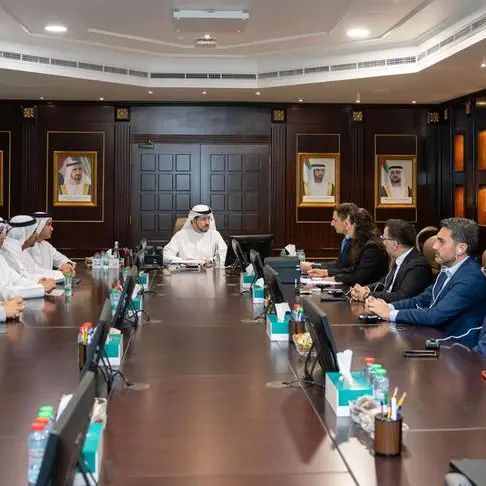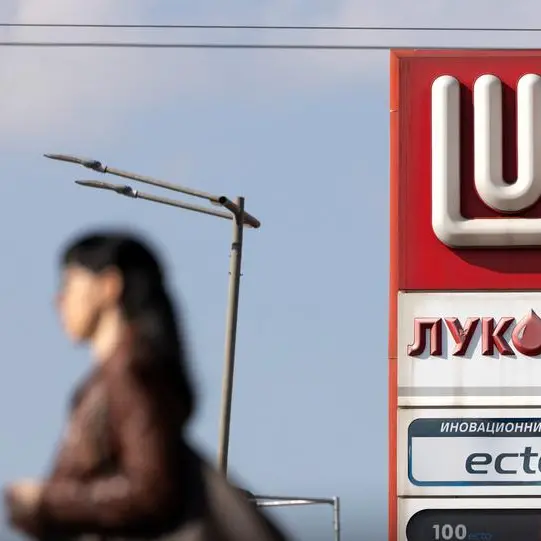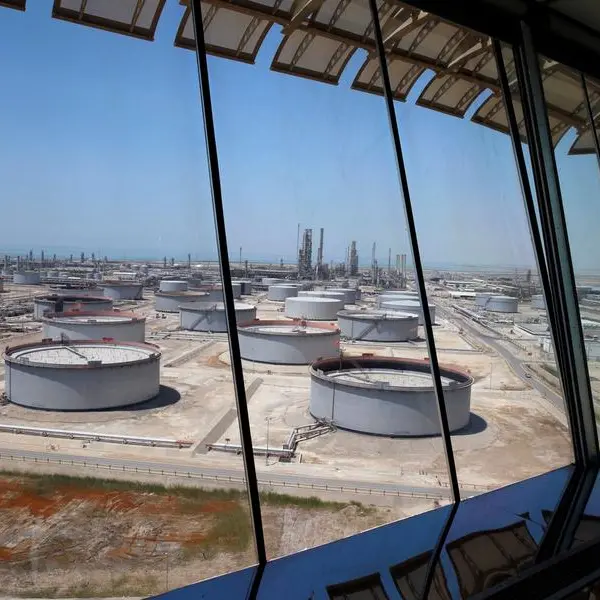PHOTO
Riyadh: The Arab Gulf Program for Development (AGFUND) board of directors held its semi-annual meeting today, chaired by Prince Abdulaziz bin Talal bin Abdulaziz Al Saud, at AGFUND headquarters in Riyadh.
The meeting reviewed AGFUND's achievements through mid-2024, discussed financial and technical reports, and the projects that won the 2023 Prince Talal International Prize for Human Development on the topic of "Life on Land," which represents the 15th goal of the UN Sustainable Development Goals (SDGs). The meeting also addressed proposed development projects to be funded in the current cycle.
Participants were briefed on AGFUND's activities during the latest period and followed up on the progress of the Prince Talal International Prize for Human Development. They also recognized the span of 25 years since its establishment and the announcement of its topic for 2024, "Life Below Water," which is the 14th SDG.
The board commended AGFUND's initiative to organize a high-level workshop on the risks of climate change and desertification and their impact on smallholder farmers' food security. The workshop's results were viewed as an addition to the work of the 16th Conference of the Parties to the United Nations Convention to Combat Desertification (COP16), which the Kingdom will host in December.
The board approved the provision of support and funding for 13 projects, based on the recommendation of executive management, after screening the projects and their compliance with AGFUND's terms and criteria and their consistency with AGFUND's five programs of women's empowerment, early childhood development, blended higher education, civil-society support, and financial inclusion.
The approved projects will be implemented in 47 countries and contribute to supporting action on women's empowerment, children's rights, the agricultural sector, desertification, climate change, education and training, and youth empowerment.
AGFUND has approved 1,719 projects since its inception, benefitting 133 countries, and has implemented them in cooperation with development partners from UN and international and regional organizations, government institutions, and civil-society associations.





















